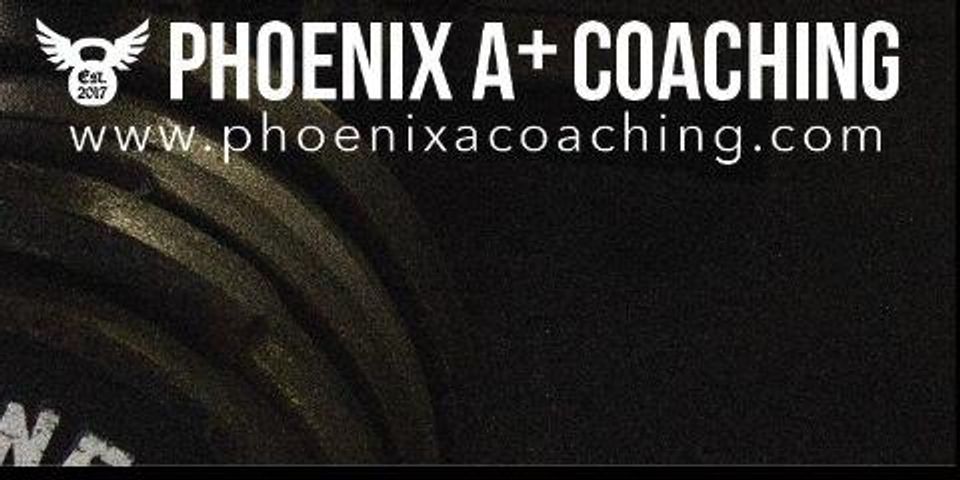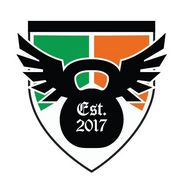Get the Most Out of Your Online Personal Training

Virtual based workouts and programming is the new “normal”. Here are a few ways to enhance your coach to client relationship when it comes to online training:
1. Communication. This is key to any relationship. This will fall into the other points below as well. You can’t expect your coach to know anything if you do not effectively communicate your needs to them. Being responsive to updates, asking questions, and giving good feedback is imperative. Tweaked your knee on leg press? Tell your coach in your update. Send a video so they can review form and maybe diagnose the issue. Don’t feel your hamstrings activated during squats? Tell your coach. They will be able to implement exercises to help you engage muscle groups, that is if it’s not a “20-bucks-today-only-3-spots-left” Instagram coach. Just like your significant other, your coach cannot read your mind. They can’t program effectively if you are not communicating issues, successes, or even takeaways you may have learned.
2. Understand expectations of yourself and of your coach. What’s your role as the athlete? What’s your coach’s role? Does your coach expect videos each week of your main movements? What about weekly check ins? Do you expect responses from your coach every Monday unless otherwise indicated? Does your coach wait for your updates to send your next block of programming? All of this should be established on the front end. The coach most likely will initiate this upon a consultation. If they don’t, I’d either ask or I wouldn’t hire them.
3. Respect time. You can’t expect to send a late update and immediately get a response. Nor should you expect a response immediately if you have a question in the middle of training. If you are blessed enough to have a coach you are able to text, it should still be your responsibility to ask questions on the front end so you understand your training before you set foot in the gym. Bombarding your coach with rhetorical questions or constant texts will not only hinder your relationship, but also make you less independent. Remember you are not their only client. They have a life and other responsibilities outside of coaching you. Sometimes you need to think for yourself. If you don’t understand something, try researching it first. If there are several ways to complete a movement, then yes ask your coach. A lot of times, coaches write articles and post videos so you may want to research those to better understand some programming or movements. But again, you should review your program and be sure to ask questions in a timely manner. Same thing goes for your check ins and videos.
4. Take responsibility. You have to remember that while yes, your coach’s responsibility is to COACH, it is your responsibility to understand and follow through. The coach cannot do this for you. Understanding the purpose and proper execution of movements, rep and set scheme, volume, and progression will not only help you develop as an athlete, but it will also enhance your coach/client relationship. Your coach can teach you these things, but you also have to do some work yourself to understand and implement them properly. The more you understand the methods used in training, the better you can be coached. This also pertains to being self-aware as an athlete. Knowing what movements you need to work on, what skills or knowledge you lack is important to develop as an athlete. Knowing these things will also allow you to relay this to your coach who can focus on these areas or come up with exercises and methods to aid.
Recently, my program called for wagon wheel deadlifts with chains. I was not able to train at my regular facility that has this equipment. I subbed pin pulls following the same rep and set scheme with bands to add a form of accommodating resistance. While the movements are different, it provided a similar stimulus, which I know, was what my coach was looking for. Understanding your training and your coach will allow you to modify some things if needed. I will say that I do not believe you should modify your training often. It should be a rare occasion for circumstances outside of your control. Also, if you do not feel comfortable or have the knowledge to modify movements, then ask your coach on the front end if you know you won’t be able to complete the movement for some reason. Again, this goes back to communication.
5. Be honest. Did you fail that first max effort attempt and then come back and nail it? Tell your coach. This may give them more insight into your psychology thus better able to motivate or get your head right for a big lift. Or it could be a situation where they can advise you on whether or not to take another attempt if it happens again. I won’t go into the whole nutrition client honesty here. Basically don’t say you nailed your macros when you ate 8 donut pizzas on Friday night. Your coach will figure it out anyways.
6. Trust the program. Why hire a coach if you’re not going to follow their program? Randomly maxing out does nothing good for you, your coach, your total. Your program calls for “a heavy set of 6 then complete 3x4 at that weight”. Knowing you have more sets to come, why completely max out on the set of 6? It is literally in the description: “a HEAVY set of 6”. If you’re not sure what that means, ask your coach and they can communicate more information so you can understand what they are looking for.
The biggest take away from this article should just be to communicate properly and take responsibility for yourself. A coach is not meant to complete your goals for you. They are there to guide you through them.
Elyse Lovelace
About the Business
Have a question? Ask the experts!
Send your question

